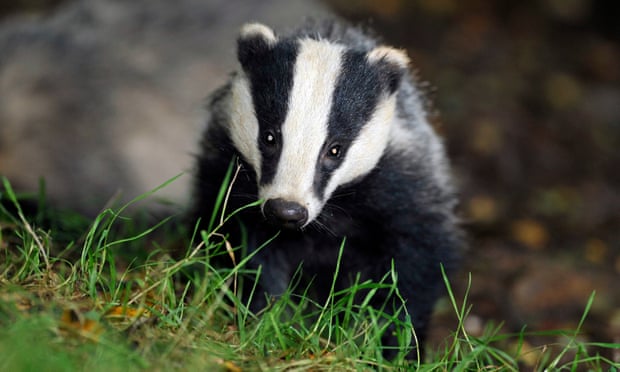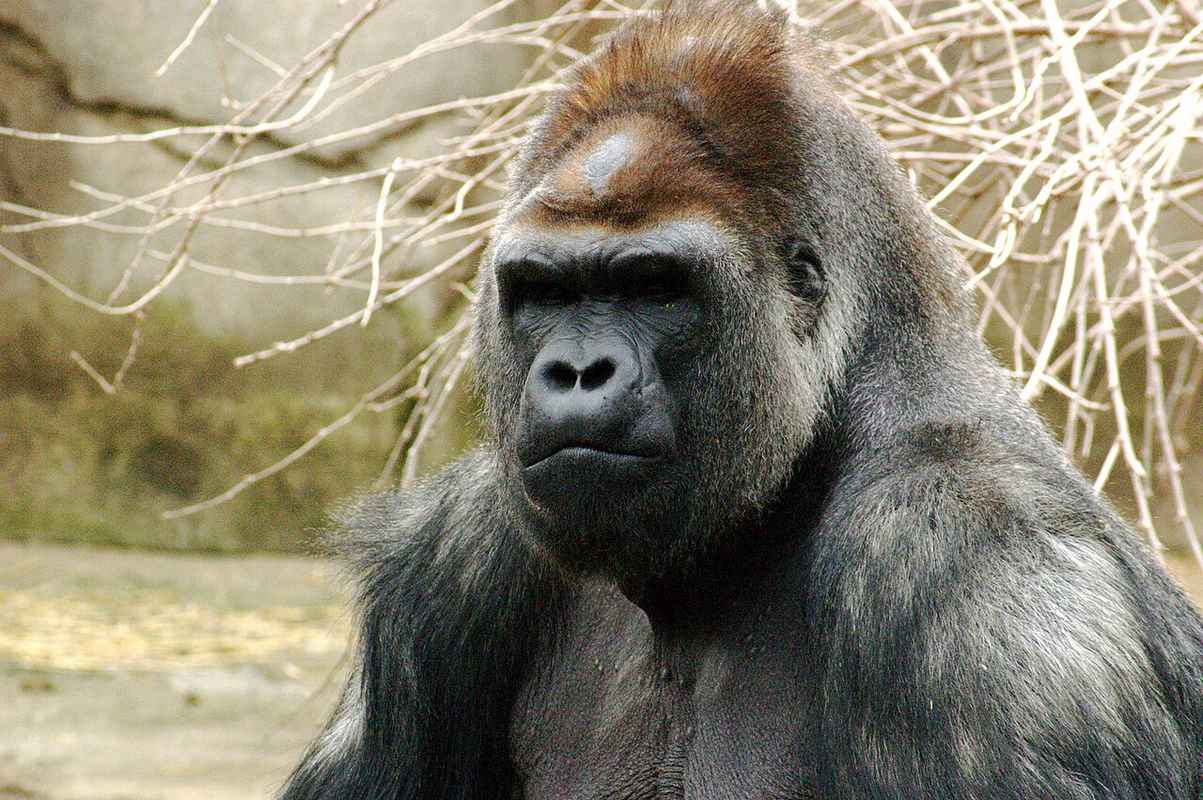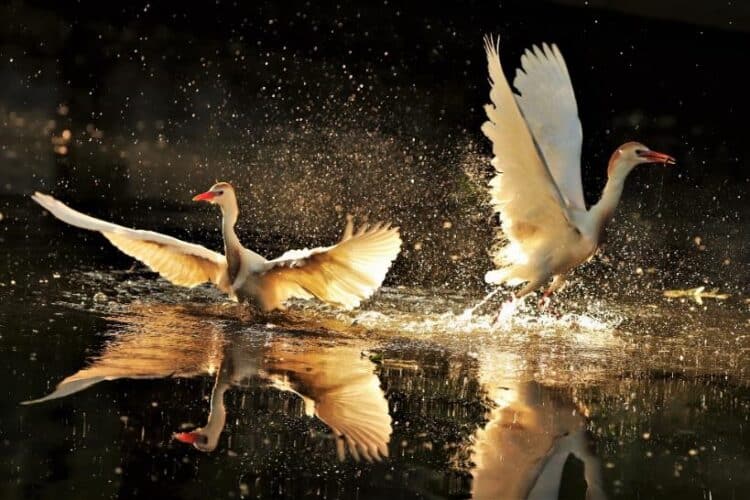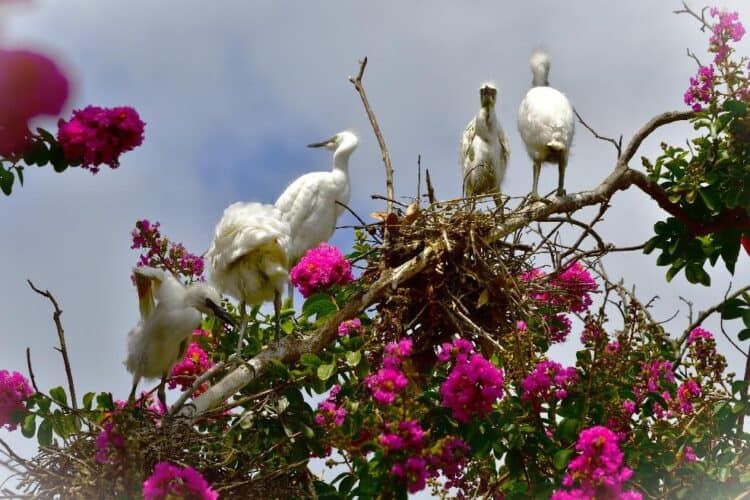Improved cattle testing, better financial and mental health support for farmers, and cattle and badger vaccination will more effectively tackle bovine TB in cattle than culling badgers, according to a report.
The review of evidence by the Badger Trust comes after 10 years of culling in England killed 210,237 badgers, costing £58.8m, without a significant easing of cattle TB.
The disease costs taxpayers more than £100m each year, with 20,000 cows prematurely slaughtered.
The government promised in 2021 to end intensive badger culling by 2025 but is now expected to consult on replacing it with “epidemiological culling”, whereby every single badger in an area could be culled based on epidemiological evidence.
The current culls require more than 70% of a local badger population to be killed rather than wiping out the entire population.
“The badger is a complete scapegoat and distraction,” said Peter Hambly, executive director of the Badger Trust. “We need to work with farmers because they need more support to understand the risks and transmission routes of bTB.
“The main ways to deal with bTB are cattle measures, and we need a more rigorous, focused approach and we need farmers, vets and the rural community with us. Reduced cattle movements, improved biosecurity and ultimately much better cattle testing and cattle vaccination will have the best effect on bTB in everyone’s interests.”
Bovine TB was first discovered in badgers in 1971 but the disease in cattle surged in England in the wake of the widespread movement of livestock to restock farms after the foot and mouth outbreak in 2001. Scotland is officially bTB free.
Because badgers were seen as a “wildlife reservoir” for the disease, the government introduced badger culls in western England in 2013, against the advice of their scientists, who concluded after a lengthy trial that culling badgers “cannot meaningfully contribute” to reducing cattle TB.
The main cause of cattle TB is other cows, with scientists estimating that on average about 94% of infections flow from cow to cow, and just 5.7% of infections from badger to cow.
The bTB “skin test” used to test cows is notoriously unreliable, missing on average between one in five and one in two infected animals in a herd, enabling undetected infections to continue spreading within herds.
Despite 10 years of badger culling in England, there is no scientific consensus on whether it has reduced cattle TB.
Several scientific studies have found culling has had no positive impact. But according to Defra, data suggests that culling has contributed to an overall reduction of approximately 56% in cattle TB incidence rates across the first 52 cull areas after four years of badger culling.
This analysis has yet to be peer reviewed and published in a scientific journal. An assessment of this finding by Prof David Macdonald of the University of Oxford highlighted the absence of any scientific control and concluded: “The badger culling component may be delivering something or nothing, and the analysis leaves us none the wiser.”
In a commentary on the Badger Trust report, Macdonald described the problem of bovine TB as “a wicked one suffused with tragedy (for badgers, farmers, taxpayers and the many people of good faith who have striven to solve it)”. He concluded that the £58.8m spent on culling badgers in England had so far delivered “no quantifiable benefit” but had “burdened the taxpayer and demoralised the farmer”.
“One could hope for a better return on investment,” he said.
A Defra spokesperson said: “Our bovine TB eradication strategy – which includes badger culling – has led to a significant reduction in this insidious disease. We are moving on to the next phase of our strategy, including wider badger vaccination, improved cattle testing and the deployment of a cattle vaccine, to help continue our work towards eradicating this dreadful disease.”
A survey of farmers in the Badger Trust report finds that they remain convinced that badgers are the prime cause of the disease: 85% of respondents were against stopping the badger cull.
The report’s key recommendations include that the government rolls out the far more accurate Actiphage and Enferplex tests for cattle TB as soon as possible. These tests are likely to see a rise in cattle TB cases being detected and so the report called for more support for “the psychological health of farmers” as well as improved financial support and “educational outreach” to boost farmers’ knowledge of bTB epidemiology “so that farmers are aware of the significance of cattle-cattle transmission”.
The report also calls for the political will to introduce vaccinations for cattle – which were hailed in 2010 as a solution that was 10 years away. Government field trials of the vaccine and a test to differentiate between vaccinated and infected animals are ongoing. Defra sources suggest the vaccine is still several years away from deployment.
Labour has pledged to stop culling badgers but it is not clear what measures a future Labour government would introduce to reduce cattle TB.
Hambly added: “Bovine tuberculosis has been a heavily polarised and emotive issue, and we hope that this report will be another step forward in us working together to tackle this disease with stakeholders from all sides of the conversation … we must collectively work together to achieve a future free from bTB where native wildlife and farming practices can coexist sustainably.”
What you can do
Help to save wildlife by donating as little as $1 – It only takes a minute.
This article by Patrick Barkham was first published by The Guardian on 4 January 2024. Lead Image: The badger is ‘a complete scapegoat and distraction’, according to Peter Hambly of the Badger Trust. Photograph: Ben Birchall/PA.







Leave a Reply